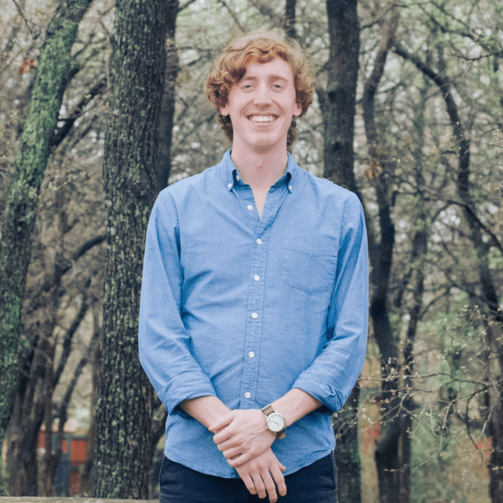How Strong Towns Inspired a Local Food Movement
Want to better your community but don’t know where to start? Enter It’s the Little Things: a weekly Strong Towns podcast that gives you the wisdom and encouragement you need to take the small yet powerful actions that can make your city or town stronger.
It’s the Little Things features Strong Towns Community Builder Jacob Moses in conversation with various guests who have taken action in their own places and in their own ways.
A few weeks ago, an article from The Community Word crossed our virtual desks that had the whole team buzzing. Andy Diaz—a self-proclaimed Strong Towns acolyte and resident of Peoria, Illinois—inspired by Strong Towns, had started a local urban gardening organization called Urban Acres.
The mission: provide local food by creating farms on vacant lots throughout the neighborhood.
In 2018, Andy created Urban Acres in response to a neighborhood grocery store closing. When the place of nourishment for the neighborhood closes, it’s undoubtedly a blow for the residents it served. And you see people respond in different ways: some collect signatures online, hoping to capture the attention of the likes of a Trader Joe’s; some encourage local elected officials to offer huge tax incentives to lure a chain grocery store to the neighborhood.
Andy took a different approach—an approach that reflects the power of incrementalism. As we describe it in our Neighborhoods First Report, humbly observe where people struggle, then take the next, smallest step you can get started on immediately to address that struggle.
Through an incremental growth model, Urban Acres, which started as a handful of miniature farms scattered around the neighborhood, has produced over 600 pounds of local food for the neighborhood and now plans to open a market for local vendors.
In this episode, Andy shares how you can use local food to build community, including how to find the right investment for your neighborhood, how to embrace incremental development as you grow your investment, and, in Andy’s words, why Peoria and beyond need more $1,000 heroes (not $1 million heroes).





Do you want to create a strong incremental development ecosystem in your community? Here's a proven blueprint for success from incremental developers Monte Anderson and Mike Keen.